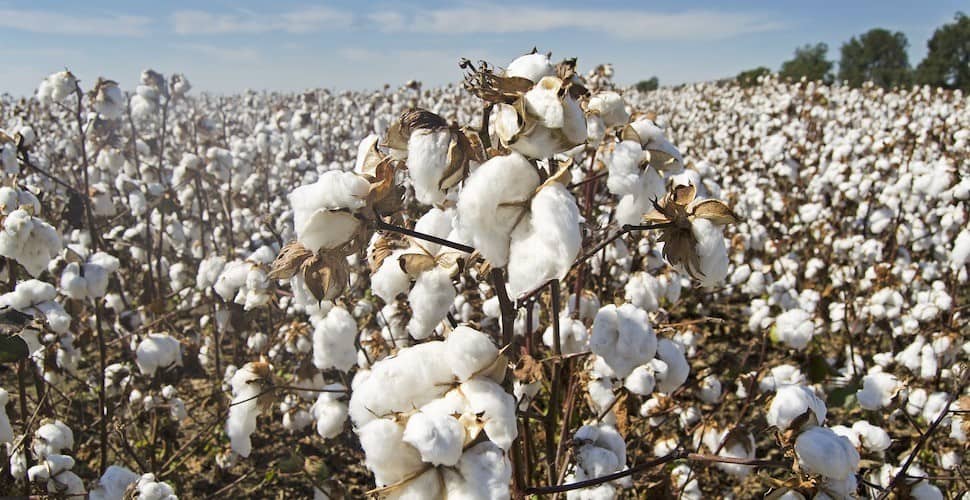Recent progress against forced labor in Uzbekistan has brought the country closer to a responsible sourcing pact that would reopen its cotton industry to the global market.
The Central Asian country’s cotton industry, the world’s eighth-largest, has been subject to an international boycott since 2006 as a result of endemic forced labor on its cotton fields.
The boycott is backed by over 300 apparel brands and retailers, along with Freedom United and numerous other civil society and human rights organizations.
However, the government has made significant progress against forced labor in recent years.
While concerns remain, a combination of free access for international third-party monitors, increased renumeration to cotton pickers, and increased law enforcement—among other factors—has drastically reduced the number of people subjected to forced labor.
As a result of the major strides made against forced labor in the cotton industry, the Cotton Campaign this month introduced its proposed Responsible Sourcing Agreement (RSA) framework.
The RSA would “re-open Uzbekistan’s cotton sector to the international market while protecting labor rights,” bringing an end to the long-standing boycott.
just-style reports:
Unveiled at the third annual meeting of the Consultative Council of the International Finance Corporation’s (IFC) Sustainable Cotton Supply Chain Project, the RSA would “facilitate responsible sourcing of cotton and cotton products by global brands and their suppliers while providing capacity building for cotton and textile clusters, farmers, and workers; monitoring; an enforceable grievance mechanism; and supply chain transparency.”
According to Bennett Freeman, co-founder of the Cotton Campaign: “The RSA agreement is the direct result of the Cotton Campaign’s constructive dialogue with the government of Uzbekistan over several years and reflects both the immense progress in addressing forced labor so far as well as the need to consolidate the reform process to ensure the protection of workers’ rights according to international standards.”
The deal would be a major victory for the country, which the government argues could see textile exports could double as a result of the deal.
Campaigners hope that the deal could become a catalyst for sustainable practices and investment that improve human rights and labor rights in the country at large.
The developments come as outcry grows over the forced labor taking place in the nearby Uyghur Region of China, with which apparel brands are being urged to cut ties by Freedom United and many other civil society organizations.
Labor rights campaigner Allison Gill argues that brands could be incentivized to shift their supply chains from China to Uzbekistan, which could become a model of sustainable sourcing for other regions of the world.
Among the signs of progress in Uzbekistan is the government’s commitment to eliminate cotton picking quotas ahead of this fall’s harvest, something campaigners and advocates are sure to monitor closely in the coming months.







Freedom United is interested in hearing from our community and welcomes relevant, informed comments, advice, and insights that advance the conversation around our campaigns and advocacy. We value inclusivity and respect within our community. To be approved, your comments should be civil.